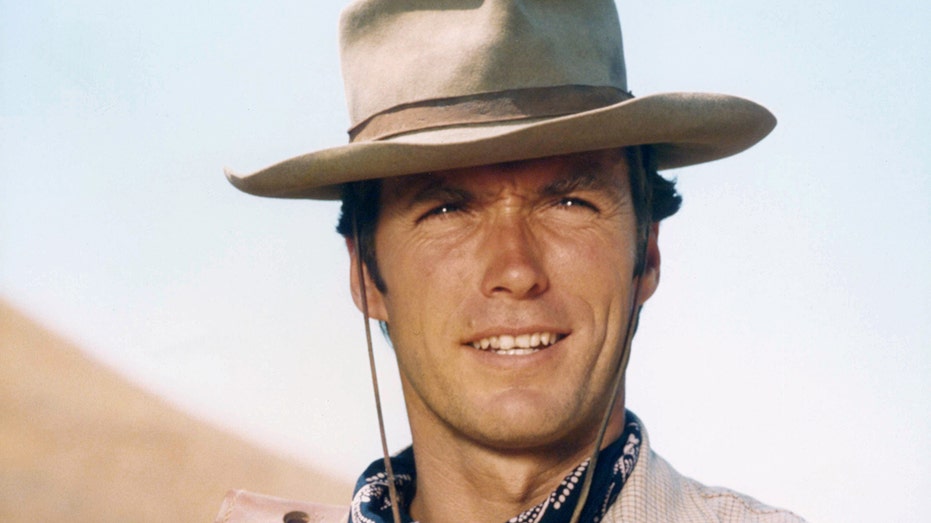Biden’s Prostate Cancer Diagnosis Challenges PSA Screening Guidelines for Men Over 70

Sarah Johnson
May 25, 2025
Brief
Joe Biden’s prostate cancer diagnosis sparks debate over USPSTF guidelines discouraging PSA screening for men over 70, highlighting the need for individualized care.
Former President Joe Biden’s recent diagnosis with an aggressive form of prostate cancer, metastasized to the bone, has sparked a heated debate about the U.S. Preventive Services Task Force (USPSTF) guidelines on prostate cancer screening. The USPSTF advises men aged 55 to 69 to discuss PSA (prostate-specific antigen) screening with their doctors, weighing benefits against risks. For men over 70, however, the recommendation is blunt: skip it. But Biden’s case is making experts question whether this one-size-fits-all approach is missing the mark.
Dr. Shawn Dason, a urologic oncologist at The Ohio State University Comprehensive Cancer Center, emphasizes the need for individualized decisions. “Men in their 50s and 60s should have open conversations with their healthcare providers about PSA screening,” he says, noting that the test’s benefits—early detection—must be balanced against risks like over-treatment. For older men, the data gets murkier. “There’s limited evidence that screening over 70 saves lives,” Dason explains, “but the harms of treatment, like urinary or sexual side effects, increase with age.”
Still, Biden’s diagnosis highlights a potential flaw in the system. Advanced treatments today are better tolerated, even in older patients, and early detection could make a difference for those in good health. Dr. Marc Siegel, a senior medical analyst, is vocal about his frustration. “The drop in PSA screening for men over 40, driven by these guidelines, is alarming,” he argues, pointing to over 300,000 new prostate cancer cases and 35,000 deaths annually in the U.S.—many potentially preventable.
The nuance lies in active surveillance, a strategy Dason notes wasn’t well understood decades ago. Some prostate cancers don’t need aggressive treatment and can be monitored instead, sparing patients from debilitating side effects. But for aggressive cases like Biden’s, early detection might have changed the trajectory. “If you’re healthy with a good life expectancy, screening could improve your quality of life,” Dason says, urging men to talk to their doctors rather than follow blanket rules.
The debate isn’t just about age—it’s about tailoring care to the individual. While the USPSTF’s caution aims to prevent harm, Biden’s high-profile case is a reminder that rigid guidelines might not account for every scenario, especially when the stakes are this high.
Topics
Editor's Comments
The USPSTF says 'no screening after 70,' but Biden’s diagnosis begs the question: are we dodging cancer or just dodging tough conversations? It’s like telling a quarterback to sit out the Super Bowl because he’s 'too old'—if he’s still got game, let him play! Time for guidelines to stop treating age like a red card and start focusing on the player’s actual health.
Like this article? Share it with your friends!
If you find this article interesting, feel free to share it with your friends!
Thank you for your support! Sharing is the greatest encouragement for us.



